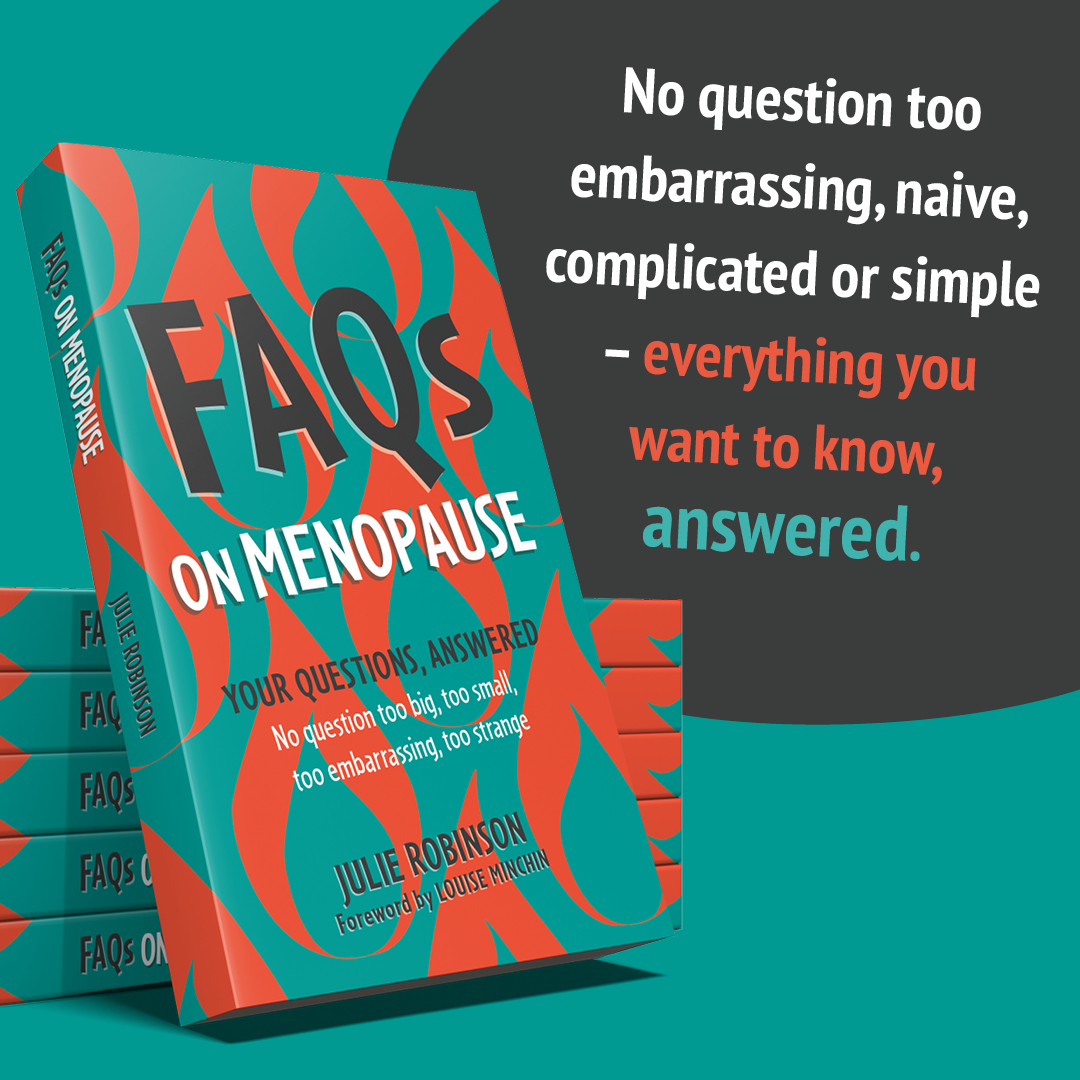 Buy now
Buy nowIs it menopausal brain fog or dementia?

So many people going through perimenopause ask these questions and need reassurance that they aren’t experiencing early onset dementia. The key difference is that dementia affects more than just our memory; it affects our ability to function in daily life. Forgetting where you put your car keys is often down to brain fog, while getting lost in a familiar place would be more concerning. If in any doubt, get help from your family doctor or a dementia charity such as the Alzheimer’s Society.
Brain fog is an umbrella term for forgetfulness, struggling to concentrate or not being able to think clearly. It’s thought that declining levels of oestrogen and serotonin are to blame, and it really does feel as though your head is full of fog or cotton wool. It’s easy to see why brain fog contributes to loss of confidence, especially at work when words simply disappear mid-sentence. ‘My brain fog is so bad I’m considering giving up a post I’ve held for ten years as I just feel like I can’t retain any information anymore and feel like I’m going to get caught out not knowing the basics I could do with my eyes shut.’ Aaliyah
Occasionally, brain fog may be due to depression or other hormone imbalances such as thyroid problems, or vitamin B12 deficiency, so if you’ve tried the tips below and are still suffering, don’t hesitate to seek medical advice.
- Good-quality sleep is absolutely vital to maintain brain function and clarity, and loss of sleep is often the biggest contributing factor to brain fog. We’ll look at ways to improve your sleep in more detail later.
- Try to regulate your blood sugar by cutting out sugary snacks to avoid peaks and troughs, as these can increase your stress hormones and won’t help your brain fog at all.
- Avoid multitasking where you can – try to focus on one task at a time then move on to the next. It’s hard to put this into practice as menopause often coincides with an incredibly busy time of life when you are having to deal with many things at the same time both at work and at home. But those who master this report feeling more productive and in control.
- Make sure you’re getting enough B vitamins and omega fatty acids in your diet to support your brain function.
- Stay hydrated – sip water, little and often, to keep your brain working at its best.
- Aerobic exercise has been linked to significant increases in brain volume and cognitive function and has an anti-inflammatory effect that promotes brain health as we age. It also boosts serotonin (our feel-good hormone) to improve mood, so try to build into everyday life activity that raises your heart rate. There are lots of tips on this later in the book.
- If you’re struggling to concentrate at work, try to schedule your most challenging tasks for when you feel most alert, perhaps mid-morning.
- Remember to take regular screen breaks – an overloaded mind won’t work as efficiently so a few moments away will let you come back refreshed and ready.
- HRT has been shown to improve sleep and reduce brain fog.
If you’re feeling unsure about how to navigate menopause, get a copy of FAQs on Menopause. No question is too embarrassing, naive, complicated or simple – everything you want to know answered.